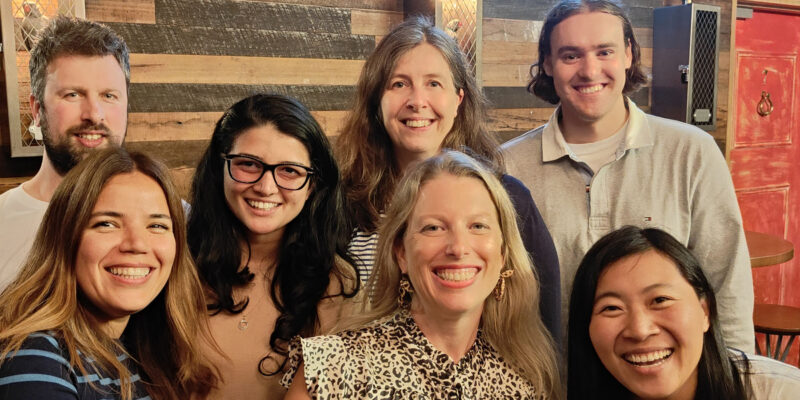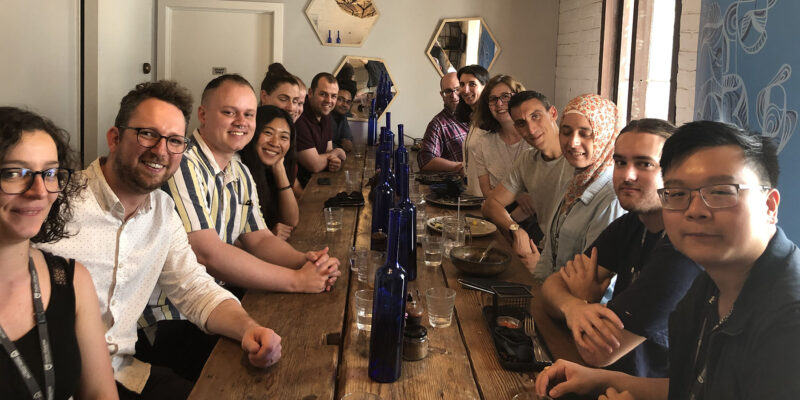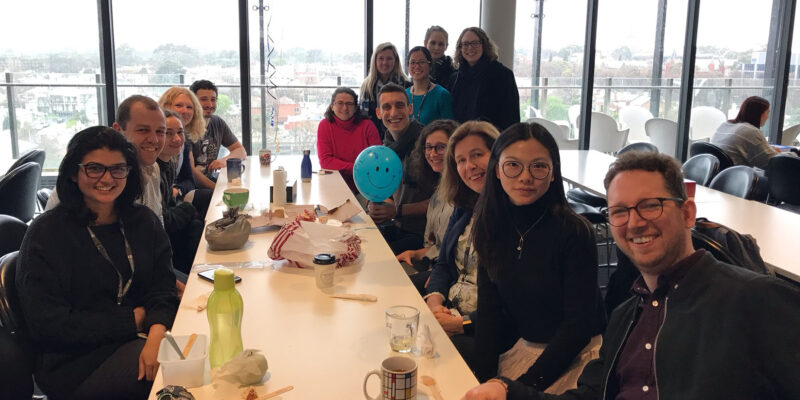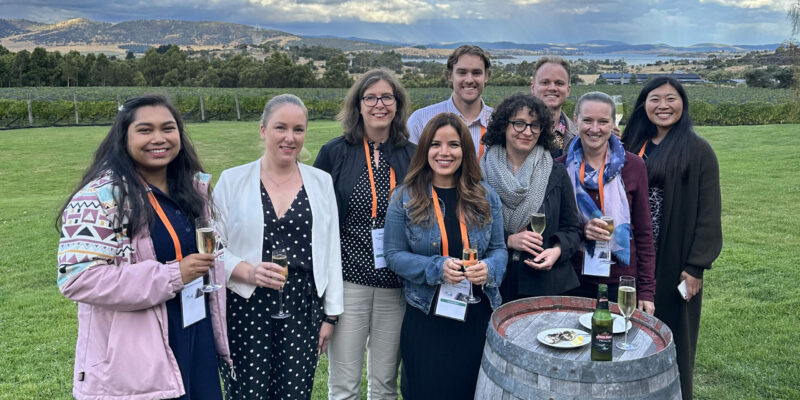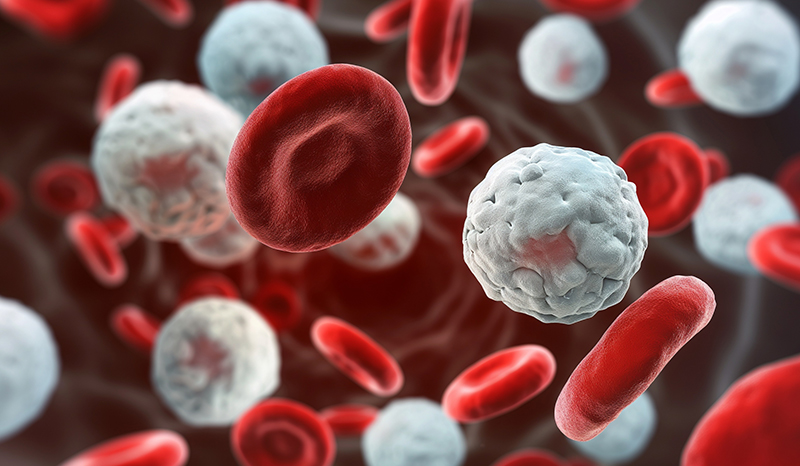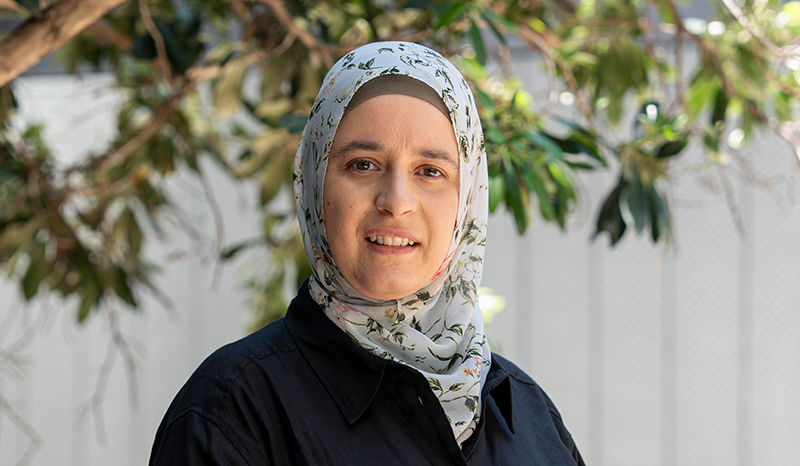Our group develops and applies state-of-the-art methods to analyse and comprehend complex genetic datasets. These methods are used to discover the genetic causes of human disorders such as epilepsy, ataxia, dementia, motor neuron disease and Parkinson’s disease, speech disorders and retinal disorders.
We are a highly collaborative laboratory, working closely with clinician researchers to reach important outcomes for families with genetic disorders.
In recent years our research has focused on brain (neurological) and retinal disorders, but we have also worked on infectious diseases such as malaria and tuberculosis (TB). Our analysis of data produced by new genomic technologies is identifying genetic causes for diseases that have previously proven intractable to analysis.
The software we develop is made freely available to others, empowering the broader research community.
We enjoy collaborative work, especially on large cohorts with a focus on genomics. Happy to talk anytime! We can also advise on how to search some of the world’s most extensive population databases to see if your favourite genes have any mutations with phenotypes that may be of interest to you. Come and talk to us!




